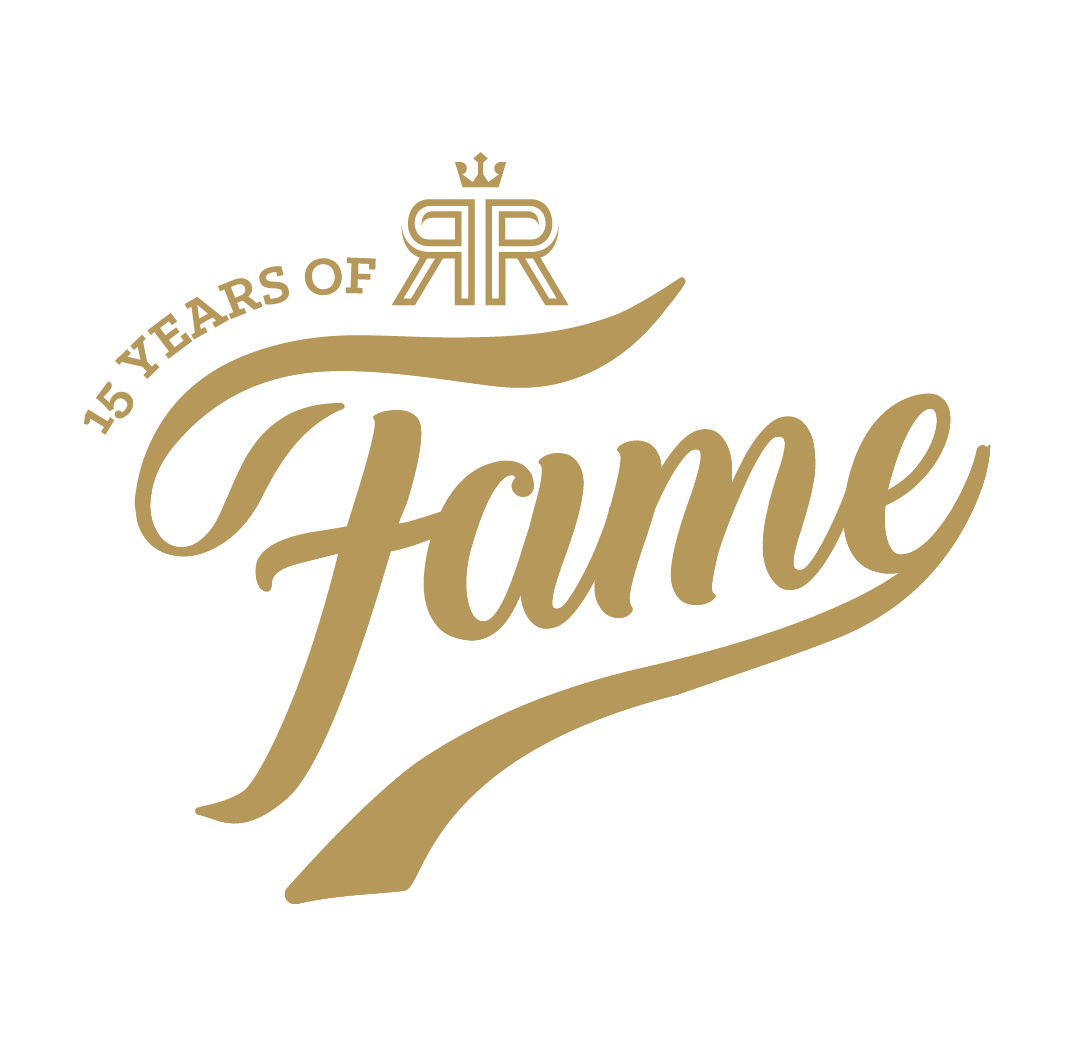One purpose of PR is to get good press and avoid bad press, but PR itself has had pretty bad press over the years. The public image of PR has been created by corporate consultants who made their living covering up toxic spills and celebrity rehab stunts.
It is important to note that the first step toward becoming a successful PR consultant is to separate misconception from reality. PR is in fact the practice of managing communications between a particular organization, the media and the general public, ultimately building a healthy relationship.
PR consultants use a number of different strategies to build awareness and drive their organization’s growth in a particular marketplace. Because of this, there isn’t a straight or singular approach that can be taken, which in turn results in confusion about PR, what exactly works and how each organization can benefit.
Some of the most common misconceptions of PR are as follows;
1. PR and Advertising are the same. The truth is, PR is persuasive and communicated through third parties such as news media, whereas advertising consists of paid placements of controlled messaging. Since PR consultants go through third parties the messages portrayed are considered more credible by the public.
2. All PR Professionals are Publicists. As a matter of fact, comprehensive PR campaigns always require more than simply working with the media. Publicists mostly manage the reputation of an individual or small company in the media, whereas, PR consultants use various strategies including media relations, social media, interviews, crisis management and reporting in order to communicate relevant messages to the general public.
3. PR is just about sending Press Releases. Press releases are PR tools, not PR strategies! It is one method of reaching the general public that works and are often the most cost-effective and least time-consuming form of PR. No PR tool is simpler to use or as effective as a basic, well-written, short press release based on a strong hook or angle.
4. PR Professionals Make Up News or Distort the Truth. PR consultants always communicate useful, factual news to a targeted audience. It is important, when working with the media and building relationships that PR consultants pitch strong story angles that will ultimately benefit their clients’ target markets and audience.
5. It doesn’t take a lot of time. PR that get results requires an investment of time. You don’t write a press release and see it in the paper the next morning. Lots of time is spent writing, developing appropriate media lists, and most important, doing follow-up phone calls. Spending that time is how you get the best results. The more time you put in, the more you get out of it.
Sara Choueiri, Junior PR Consultant, Active Public Relations
Active Public Relations is our PROI partner in Dubai – www.activepr.biz

